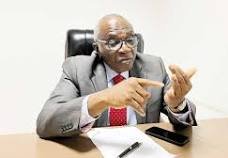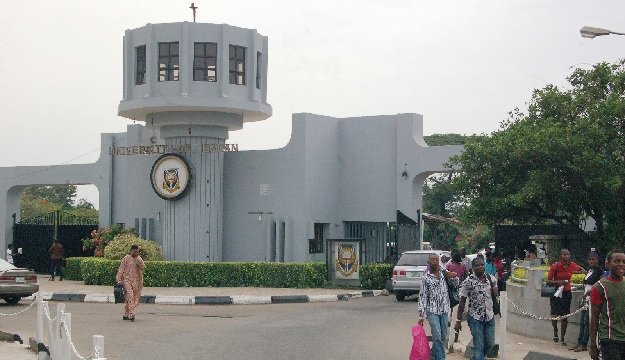The Federal Government has announced that it will save N1.5tn this year following the recent hike in electricity tariff for Band A customers.
The move to withdraw electricity subsidy from 15 per cent of power consumers in Nigeria is expected to save the government about N1.1tn annually.
Bayo Onanuga, the Special Adviser to the President on Information and Strategy, revealed that the President Bola Tinubu-led administration was poised to allow the price hike in electricity given its N450bn budget for energy subsidies in 2024. The government also stated that about 2.5 million meters would be installed this year to bridge the metering gap across the country and ensure consumers pay the right amount for electricity.
The decision to withdraw electricity subsidy completely from the tariff of consumers on the Band A category, which constitutes about 15 per cent of the total 12.82 million power consumers across the country, has sparked opposition from manufacturers and organized labor.
The hike in electricity tariff, approved and announced by the Federal Government, would see affected customers paying N225 per kilowatt-hour, representing about a 240 per cent increase from the previous rate of N68/kWh.
In response to the opposition, the government stated that Band A customers would enjoy up to 20 hours of power supply daily. However, power distribution companies (Discos) will be sanctioned for supplying less than 20 hours to Band A consumers.
The power ministry also revealed that the target of the Federal Government is to meter about 2.5 million unmetered power users across the country annually. The Presidential Meter Initiative aims to install a minimum of 2 – 2.5 million meters yearly within the next five years to eliminate estimated billing and close the metering gap.
Minister of Power, Adebayo Adelabu, emphasized the importance of closing the metering gap, stating, “We have up to eight million metering gap in Nigeria and what the initiative seeks to achieve is to close this gap within three to five years. This means that an average of two million meters are required on a yearly basis and achieving the target is compulsory for citizens to enjoy stable power supply.”



